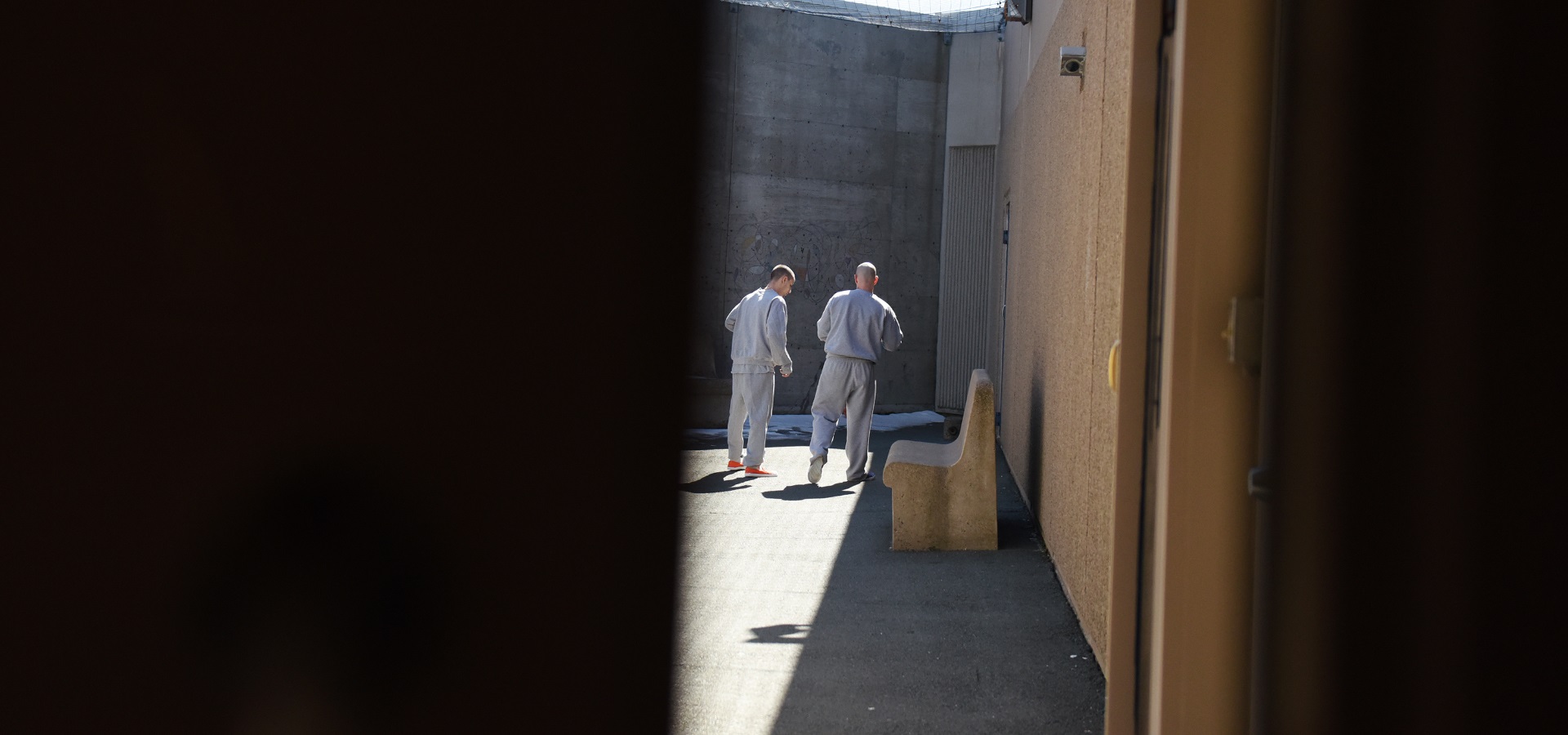Canada’s correctional system: An inside look
Ottawa – The people serving sentences in Canada’s federal correctional system for indictable offenses are human beings whose human rights must be respected, the Senate Committee on Human Rights said in an interim report released Wednesday.
Committee members are engaged in a detailed, multi-year study of Canada’s federal correctional system. The study has taken them into many of Canada’s federal penitentiaries, where senators have had the opportunity to hear directly from federally-sentenced persons, correctional staff and leading experts about life on the inside.
People serving sentences of two years or more are housed in federal correctional facilities. They are dependent on the Correctional Service of Canada for basic necessities like food, clothing, medical care — and for the safeguarding of their human rights.
Over the course of its study, the committee has become aware of a wide range of human rights concerns. This interim report provides an overview of evidence the committee has heard and received, and it focuses on issues related to equality rights and non-discrimination. It concludes with a gap analysis that outlines areas where the committee’s study would benefit from more information. The committee will seek to fill these gaps as it prepares to finalize its study.
The committee intends to produce a final report, with recommendations to the federal government, after its study has concluded.
Quick Facts
- Committee members undertook fact-finding missions to correctional facilities across Ontario, Quebec and Eastern Canada, including the maximum security Millhaven Institution in Kingston and the Nova Institute for Women in Truro, N.S.
- The committee has also held 22 meetings during its study; 92 witnesses including former federally-sentenced persons, academics, lawyers, corrections officials and Indigenous representatives gave valuable evidence between February 2017 and March 2018.
Quotes
“Witnessing the conditions in federal penitentiaries is a profound experience. The loss of freedom is a difficult reality, that all prisoners we talked with fully accept. However, we also heard many accounts of racist and discriminatory behaviour toward vulnerable and marginalized groups in the criminal justice system. There is work to be done to ensure basic human rights in the corrections system.”
- Senator Wanda Thomas Bernard, Chair of the committee
“Working in penitentiaries is a dangerous, often thankless, but essential task for the safety of both federally-sentenced persons and the public. This study has given me a newfound appreciation for the challenges faced by corrections staff. Further, it has provided me with insight into some of the human rights challenges faced by prisoners. I look forward to continuing our work, so that we can make appropriate recommendations about what can be done to improve the federal correctional system overall.”
- Senator Salma Ataullahjan, Deputy Chair of the committee
“It is a fact that most people in Canada’s federal correctional system will regain their freedom. Simply warehousing them does not assist in their rehabilitation, particularly when they are held in an environment where it appears their human rights are not always respected.”
- Senator Jane Cordy, Deputy Chair of the committee
Associated Links
- Read the interim report, Interim Report for Study on the Human Rights of Federally-Sentenced Persons: The Most Basic Human Right is to be Treated as a Human Being (1 February 2017 – 26 March 2018)
- Follow the committee on social media using the hashtag #RIDR.
- Sign up for the Senate’s eNewsletter.
For more information, please contact:
Sonia Noreau
Public Relations Officer
Communications Directorate
Senate of Canada
613-614-1180 | sonia.noreau@sen.parl.gc.ca







